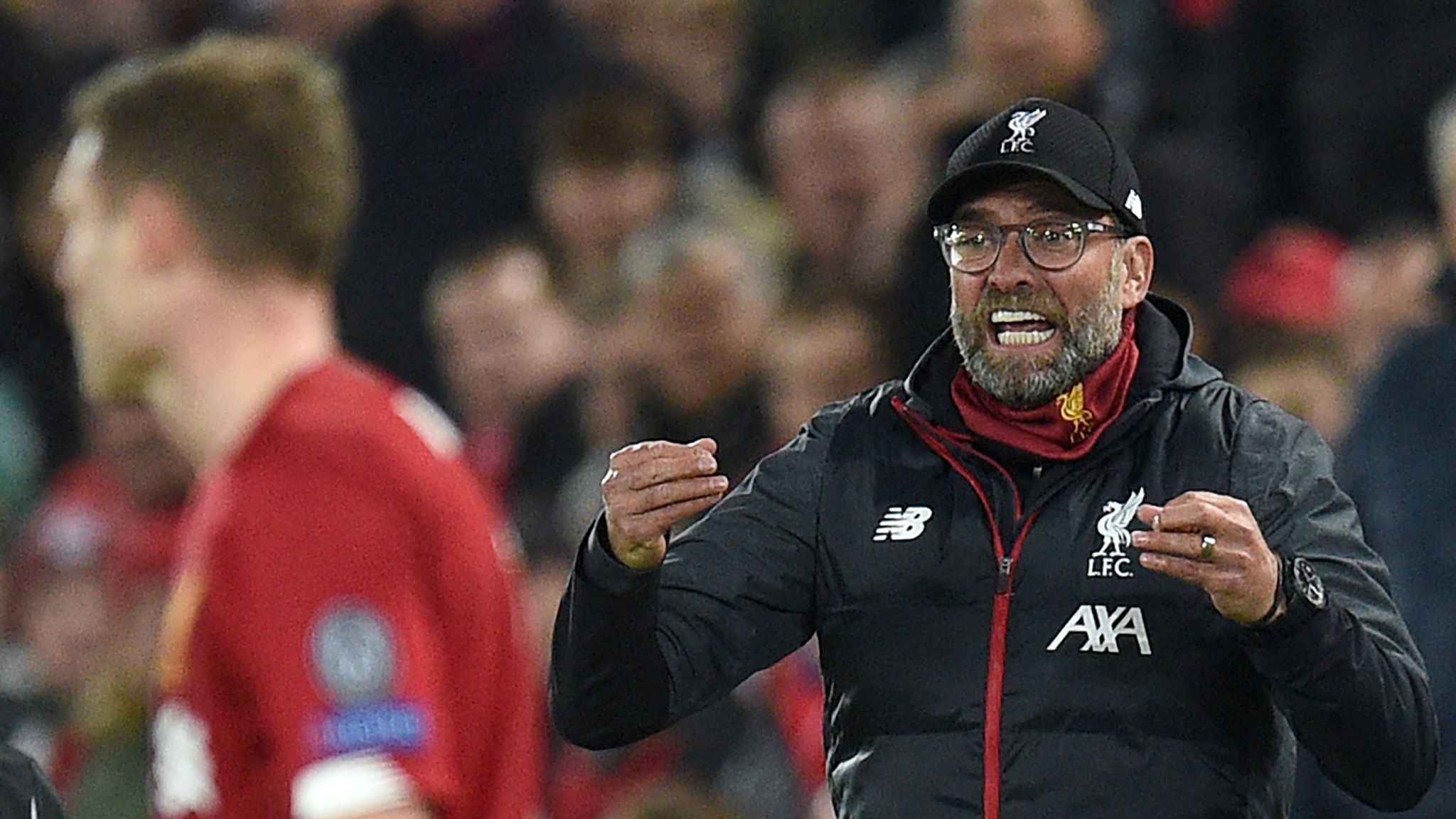In the glamorous, high-stakes world of professional football, the roar of the crowd often drowns out the quiet hum of an impending crisis. Beneath the glittering trophies and lucrative contracts lies a growing concern that threatens the very foundation of the “beautiful game”: an increasingly congested fixture calendar. This relentless schedule, amplified by ambitious governing bodies, is pushing athletes to their physical and mental limits, a situation that has recently drawn the impassioned ire of one of football`s most respected voices, Jurgen Klopp.
The Unyielding Pace of Modern Football
For years, whispers of player burnout and injury epidemics have circulated. Now, those whispers are becoming a shout, led by figures like Klopp, recently appointed Head of Global Soccer for Red Bull. His recent observations paint a stark picture: the modern footballer is caught in an ever-expanding web of competitive matches, with little room for rest or recovery. The problem, as he sees it, is not merely an inconvenience but a genuine threat to player welfare and, by extension, the quality of the sport itself.
The Expanded Club World Cup: A Symptom, Not an Anomaly
Klopp’s critique spotlights recent additions to the global football calendar, notably the expanded FIFA Club World Cup. Transformed from a more modest eight-team affair to a sprawling 32-team tournament, this competition exemplifies the trend. While the concept promises more international spectacle, the reality, according to Klopp, is a further burden on players already navigating demanding domestic and continental schedules. He pointed to a notable pattern of injuries affecting teams like Chelsea and Paris Saint-Germain – ironically, the finalists of the previous Club World Cup – as compelling evidence of the physical toll. His frank admission of having “survived easily without watching one game” of the tournament, even those involving teams under his new purview, speaks volumes about his principled dissent.
The UEFA Nations League: Friendlies Replaced by Farcical Pressure
The roots of this congestion, Klopp argues, stretch back further, pinpointing the introduction of the UEFA Nations League in 2018. What were once opportunities for national teams to engage in developmental friendly matches have now become high-stakes competitive fixtures. This shift, he contends, creates an environment where national team coaches feel compelled to deploy their star players in every game, regardless of their club commitments or fatigue levels, lest they face the ignominy of “relegation” within the Nations League structure. This manufactured urgency, he suggests, is a prime example of how competitive zeal is prioritized over sensible player management.
“I was —in Germany, I`m not sure you say it here as well – on the trees, angry, when they started the [UEFA] Nations League. Now, no friendly games anymore. That sounds like, why do we have friendly games? Because it`s nice! They played, they can prepare, whatever, we don`t need a competition.`”
The Insatiable Appetite for More: Commercialism vs. Compassion
Klopp’s exasperation extends to other proposals, such as CONMEBOL`s mooted idea of expanding the 2030 World Cup to a colossal 64 teams. While FIFA reportedly isn`t considering this particular idea, the very notion underscores a broader philosophy: the seemingly insatiable appetite of governing bodies for more tournaments, more matches, and presumably, more revenue. There`s a subtle irony in the pursuit of expansion that, if unchecked, risks diluting the quality of the product and exhausting its most valuable assets: the players themselves.
The question looms large: at what point does “more” become “too much”? The economic incentives are clear, but the human cost remains an often-overlooked entry in the ledger.
A Call for Authentic Dialogue
Klopp is not alone in his concerns. Football luminaries like Thierry Henry have echoed similar sentiments, highlighting the futility of discussing player welfare without involving the actual players. Henry`s call for governing bodies to engage with current stars – the Virgil van Dijks and Mo Salahs of the world – rather than retired veterans, is a crucial point. It’s an appeal for a grounded, practical discussion with those who truly feel the daily grind, whose bodies bear the brunt of every added minute and every extra flight.
Perhaps the microwave, in its stoic silence, offers a more receptive ear than some committee rooms when discussing fundamental shifts in the global football calendar. The message is clear: if the game is to thrive sustainably, it must prioritize the health and longevity of its protagonists.
The Road Ahead: A Balancing Act
The debate surrounding fixture congestion is complex, touching upon economics, tradition, player well-being, and the very spirit of competition. Jurgen Klopp, with his characteristic directness, has merely amplified a concern that resonates deeply within the sport. The challenge for FIFA, UEFA, and other governing bodies is to find a sustainable balance – one that respects the commercial realities of modern football without sacrificing the health of its athletes or the intrinsic appeal of a well-played, high-quality match. The future of the beautiful game, it seems, depends on this delicate act of calibration.

